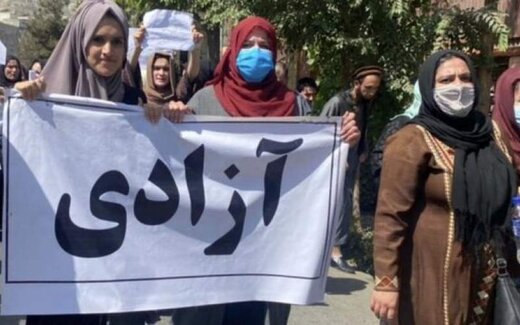RASC News Agency: The upcoming UN summit in Doha is under scrutiny for its exclusion of Afghanistani women, which has sparked widespread criticism. As The Guardian reports, the summit aims to address the crisis in Afghanistan but has not included Afghanistani women’s voices, drawing ire from activists and international observers.
Despite the UN’s intention to find solutions for Afghanistan’s pressing issues, the absence of Afghanistani women at the table has raised concerns about the legitimacy and inclusiveness of the discussions. Nobel laureate Malala Yousafzai has been vocal about this exclusion, stressing that any meaningful dialogue about Afghanistan’s future must include women, who make up half of the population.
This exclusion is particularly poignant given the Taliban’s oppressive policies towards women since their return to power. The Guardian highlights that Afghanistani women have been systematically marginalized, stripped of their basic rights, and denied access to education and employment under the Taliban regime. Human rights organizations have also condemned the UN’s decision, calling it a betrayal of Afghanistani women’s struggles. They argue that excluding women from such a critical discussion not only undermines their rights but also diminishes the credibility of the summit’s outcomes.
In response to the backlash, UN officials have stated their commitment to ensuring that Afghanistani women’s perspectives are represented, even if indirectly. However, many remain skeptical about the effectiveness of such measures. The Doha summit’s agenda includes addressing humanitarian aid, security concerns, and political stability in Afghanistan. However, without the direct involvement of Afghanistani women, critics fear that the solutions proposed will lack depth and fail to address the root causes of the crisis.
As the world watches the developments of the Doha summit, the pressure is mounting on the UN to rectify its approach and ensure that Afghanistani women are given a rightful place in the dialogue about their country’s future.






